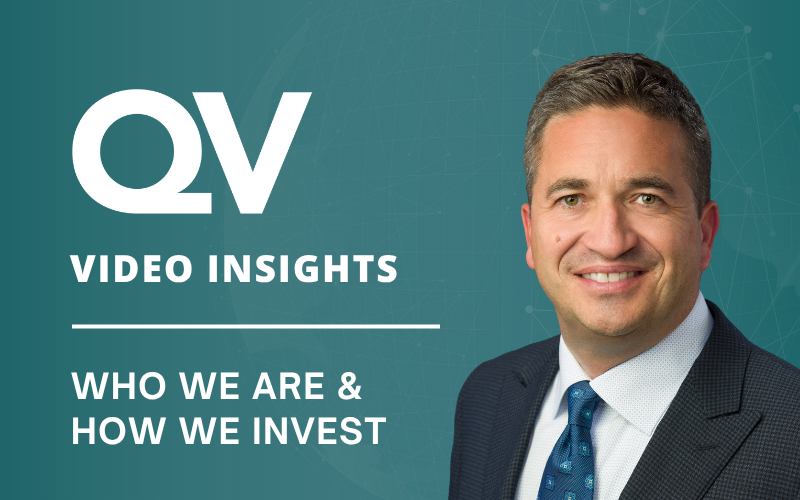In recent years, low bond yields reduced returns on balanced portfolios, causing many to question the effectiveness of balanced investing. Many wealth management articles predicted the demise of the traditional 60/40 balanced portfolio.
Then in 2022, the situation escalated as both equities and bonds were severely impacted by inflation. A direct result of the forceful execution of restrictive monetary policies.
It’s no surprise that every investment strategy goes through periods of strength and weakness. In our opinion, bonds still have a role to play in portfolios. Their merits (and the merits of balanced investing) are in fact stronger than they’ve been in over a decade.
A CORRELATION BREAKDOWN
Since bonds didn’t offer the intended benefit in 2022, it’s understandable that many have lost faith in balanced investing. As seen in the chart below, the correlation between stocks and bonds has recently turned positive after being mostly negative for over twenty years. Investors might be wondering if this is the beginning of a new era of positive correlation.

Source: Bloomberg, QV Investors
Vanguard’s research reveals that the most important variable in predicting future stock-bond correlations, by far, is 10-year trailing core inflation. The second most important factor is inflation uncertainty, as measured by 10-year standard deviation of annual changes in core inflation. Unfortunately, both factors are on the rise. But this doesn’t exactly mean that we have entered an era of positive correlation.
If central banks are effective in re-anchoring inflation, it should go a long way to restoring negative correlation. Although this could take some time.
There are still diversification benefits to owning bonds even if correlations are only modestly positive. They just aren’t as pronounced, and investors might have to live with a bit higher volatility.
GOVERNMENT BONDS ARE INSURANCE AGAINST CALAMITY
Correlation is only part of the story. Another aspect of the stock-bond dynamic to be mindful of is what happens during the scary periods in markets.
The failure of Silicon Valley Bank (SVB) last week was a classic flight-to-safety moment. Investors sold risk assets (especially banks) and took shelter in government bonds (this is ironic since falling government bond prices were a major catalyst in the SVB’s bankruptcy).
Government bonds have usually been a good hideout for those seeking safety. The table below shows the performance of the S&P 500 versus an index of U.S. Treasury bonds during the four largest stock market sell-offs of the past twenty-five years.

Source: Bloomberg, QV Investors
The price of insurance with government bonds is in their low to modest return potential. As you can see, they tend to provide asset protection when it’s needed most (except in periods of rising inflation).
HAVE BONDS BECOME A GOOD INVESTMENT?
We can’t know the future of interest rates for sure, but we believe bond markets have digested a lot of the bad news on inflation. There is a risk that high inflation will persist longer than markets are priced for, but there’s also the other side of the coin. Inflation (and bond yields) could come down a lot if there’s a recession that lasts longer than expected.
The last two years have been disappointing for bond investors, but it’s also set the stage for better returns going forward. As of February 28th, the QV Canadian Bond Fund had a yield of 4.5%, its highest level since 2008.
If you’d like to revisit your investment strategy or learn more about whether bonds are a good fit for your portfolio, we invite you to reach out to your financial advisor or financial professional.




